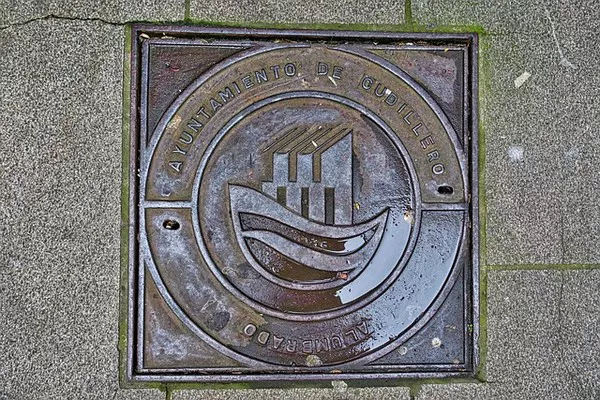A lingering, unpleasant sewer smell can quickly turn any indoor or outdoor space into an uncomfortable environment. Whether in a home, office, or public area, the presence of sewer odors can be both disruptive and off-putting. The causes of these malodorous scents can vary, but they often stem from a combination of factors related to plumbing systems, maintenance practices, and environmental conditions. In this article, we delve into the common culprits behind sewer smells and explore ways to mitigate them.
Blocked or Dry Drains
One of the leading causes of sewer odors is blocked or dry drains. Drain traps, also known as P-traps, are designed to hold a small amount of water to prevent sewer gases from escaping into living spaces. If a drain is rarely used or has been improperly installed, the water in the P-trap can evaporate, allowing sewer gases to rise up through the drain and into the air. To address this issue, it’s essential to ensure that all drains, particularly those in less frequently used areas, have a consistent water seal.
Sewer Line Issues
Sewer lines are responsible for transporting waste and wastewater away from properties. When these lines develop cracks, leaks, or blockages, sewer gases can escape and produce foul smells. Root intrusion is a common culprit, as tree roots seeking moisture can infiltrate sewer pipes and create obstructions. Regular maintenance and inspections by professionals can help identify and address sewer line issues promptly, preventing sewer odors from permeating indoor and outdoor spaces.
Lack of Ventilation
Proper ventilation is crucial to maintaining a healthy plumbing system and preventing sewer odors. Plumbing systems are equipped with vent pipes that allow air to flow through drain pipes, preventing the buildup of negative pressure that can lead to sewer gases being pushed back into living spaces. If these vent pipes become blocked or restricted, proper ventilation is compromised, resulting in unpleasant odors. Regular inspection and cleaning of vent pipes can ensure proper airflow and prevent sewer gas buildup.
Dry Toilet Bowls
A dry toilet bowl can be another source of sewer odors. Toilets are equipped with a water seal that prevents sewer gases from escaping into the bathroom. If this water seal is compromised due to infrequent use or inadequate flushing, sewer odors can enter the bathroom space. Regular toilet usage and ensuring proper flushing can help maintain the integrity of the water seal and prevent sewer smells.
Inadequate Drain Maintenance
Neglecting regular drain maintenance can contribute to the buildup of organic matter, debris, and grease within pipes. Over time, this accumulation can lead to foul-smelling sewer gases being released into living spaces. Regular drain cleaning, using enzymatic cleaners to break down organic matter, and avoiding the improper disposal of grease and solids can help prevent the formation of sewer odors.
Environmental Factors
Environmental conditions can also play a role in exacerbating sewer odors. Temperature changes, humidity levels, and wind patterns can influence the movement of sewer gases. High temperatures and low humidity can increase the evaporation of water seals in drain traps, allowing sewer gases to escape. Wind patterns can carry sewer odors from one area to another, making them more noticeable. While environmental factors are beyond our control, addressing the underlying plumbing issues can help mitigate the impact of these factors on sewer smells.
Mitigating Sewer Odors
To effectively address and prevent sewer odors, a proactive approach is essential. Regular maintenance of plumbing systems, including drains, vent pipes, and sewer lines, can help identify and resolve potential issues before they lead to unpleasant odors. Ensuring proper water seals in drain traps and toilet bowls by using fixtures regularly is also crucial. Proper disposal of grease, organic matter, and solids can prevent blockages that contribute to sewer smells.
Additionally, seeking professional help is recommended when dealing with persistent sewer odors. Trained plumbers and experts can conduct thorough inspections, identify the root causes of odors, and implement effective solutions. Whether it’s repairing sewer lines, unclogging drains, or addressing ventilation issues, professionals have the knowledge and tools to ensure a sanitary and odor-free environment.
In conclusion
Understanding the factors that contribute to sewer odors is the first step in addressing and preventing them. Blocked or dry drains, sewer line issues, inadequate ventilation, and other plumbing-related problems can all contribute to the unpleasant smell. Regular maintenance, proper usage of fixtures, and seeking professional assistance when needed are key strategies in maintaining a fresh and odor-free indoor and outdoor environment. By tackling these challenges head-on, individuals can enjoy clean, comfortable spaces free from the nuisance of sewer odors.

